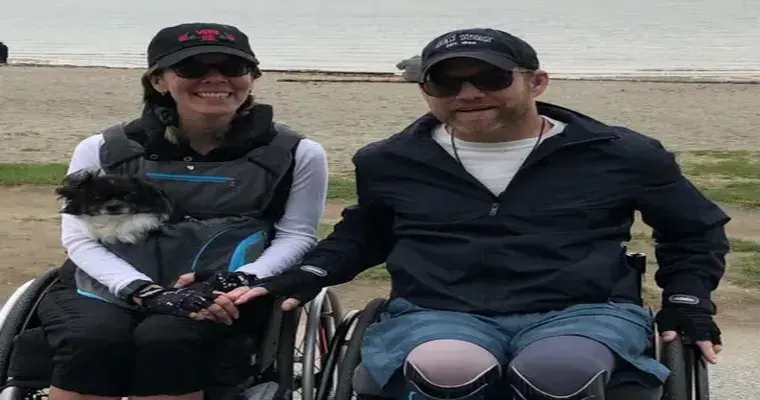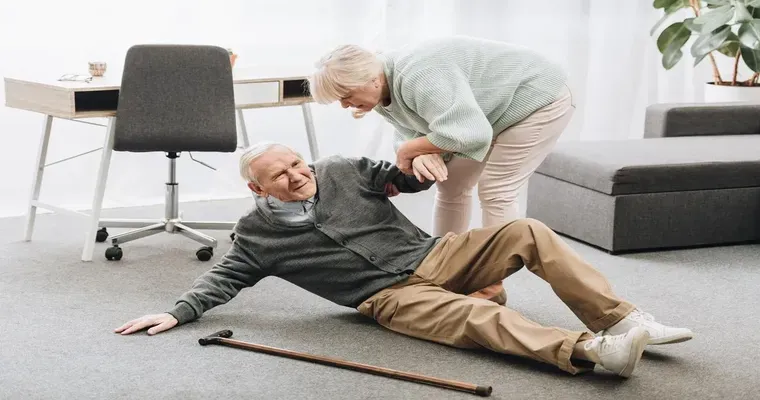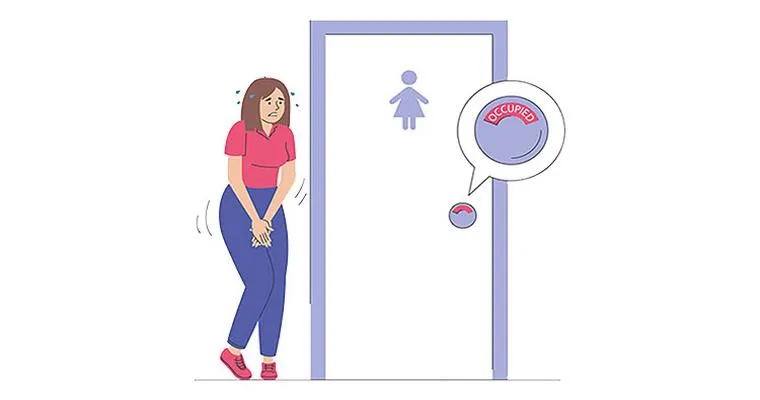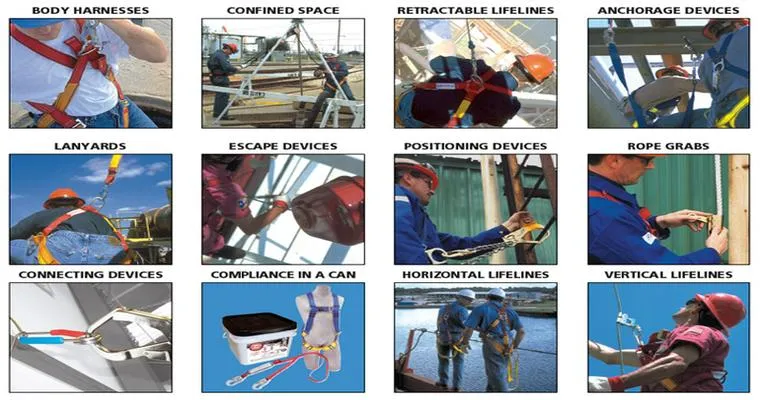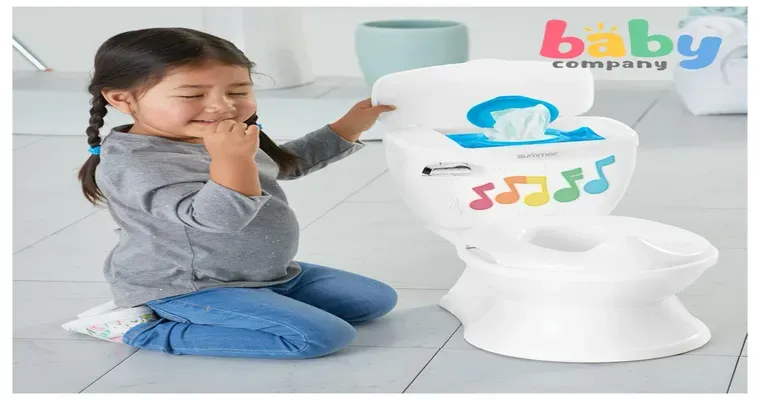In November, my husband experienced "18 falls", which has raised significant concerns about his "safety" and "mobility". As someone who cares deeply for him, I find it essential to encourage him to utilize his "canes" or "wheelchair" to prevent further injuries. However, convincing a loved one to use mobility aids can be challenging, especially when they may feel resistant to change or perception of dependence. Here are some effective strategies to help him understand the importance of these aids for his well-being.
First, it is crucial to have an open and empathetic conversation. Start by expressing your concerns without sounding accusatory. Use phrases that highlight your feelings and worries, such as, "I feel anxious when I see you struggle with balance," which can foster a more supportive atmosphere. This approach can help him feel understood rather than attacked, making him more receptive to your suggestions.
Next, highlight the benefits of using canes or wheelchairs. Explain how these aids can provide "stability" and "independence". For instance, using a cane can help him navigate safely around the house and outdoors, while a wheelchair can ease fatigue and allow him to participate in activities without the fear of falling. Share stories of others who have successfully transitioned to using mobility aids and how it has positively impacted their lives.
It may also be helpful to involve healthcare professionals in the discussion. A visit to his doctor or physical therapist can provide an objective perspective on his "mobility needs". These professionals can explain the risks associated with falls and the importance of using canes or wheelchairs. Sometimes, hearing the advice from a trusted expert can make a significant difference in his willingness to adopt these aids.
Another useful tactic is to make the mobility aids more appealing. Consider choosing a cane or wheelchair that matches his personality or style. Customization can make him feel more comfortable and proud to use them, reducing the stigma he may associate with needing assistance.
Encouragement goes a long way. Celebrate small victories when he uses his cane or wheelchair, even if it's just for a short walk around the house. Positive reinforcement can motivate him to make these aids a regular part of his routine.
Lastly, be patient and understanding. It may take time for him to fully embrace the idea of using canes or wheelchairs. Offer your support, and remind him that it is okay to ask for help. Emphasizing that using these aids is a step towards maintaining his "independence" and improving his quality of life can encourage him to make the necessary changes.
In conclusion, while it can be difficult to convince a loved one to use mobility aids after experiencing multiple falls, empathy, education, and support play vital roles in this process. By fostering open communication, highlighting the benefits, involving professionals, personalizing aids, and providing encouragement, you can help your husband understand that using his canes or wheelchair is not just a necessity but a proactive step towards a safer and more fulfilling life.

